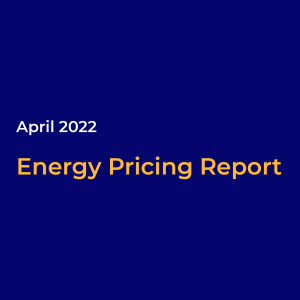
Gas
UK energy prices are rising much faster than in Europe. The UK prices for gas have surged by 250% since January 2021. With a 70% increase since August 2021.
What has contributed to the rise?
● A cold winter which left storage levels low.
● Asia’s post-COVID bounce back 10% higher than expected. Planned and unplanned outages.
● Reduction in wind, so less renewable energy to make up for demand.
● Taking out of storage to use for gas and power. Usage rebounding after COVID-19
The Process
Step 1: Just send us a bill
Using our innovative technology, we will
search the market on your behalf to find a tariff that best suits your
business.
Step 2: Choose a tariff
We will send over a selection of the best
available rates and help you choose the right tariff and contract length.
Step 3: Leave the rest to us
Our energy experts will take care of everything, from supplier negotiations to managing your energy contracts.
Gas and electric quotes are available in less than 5 days.
Our Service
We only work with the most trusted and reliable suppliers and have carefully selected the very best to work with. By working with a wide range of suppliers, alongside our advanced software solutions, we can access the best pricing available across the energy market instead of anually comparing quotes from each supplier.
How energy tariffs work
An energy tariff is how an energy provider charges a customer for their gas and electricity use. The two main types of tariff are fixed rate and variable. A fixed rate tariff sets the cost of energy for a certain amount of time, typically one year or more, while prices on a variable tariff can go up or down according to the market.
Other types of tariffs include
An energy tariff is how an energy provider charges a customer for their gas and electricity use. The two main types of tariff are fixed rate and variable. A fixed rate tariff sets the cost of energy for a certain amount of time, typically one year or more, while prices on a variable tariff can go up or down according to the market.
Deemed rate contract
This is more commonly known as an out of contract tariff. This tariff is designed for customers with no formally agreed contract.
28-day contract
This is a rolling 28 day contract where the unit rates that a customer is charged can increase and decrease.
Rollover contract
If you haven’t arranged a new deal when your contract comes to an end, your supplier will put you on a rollover contract. Your contract will rollover to another year and you will typically be placed on the company’s most expensive plan.
Enquiry Form
[wpforms id=”6154″]





